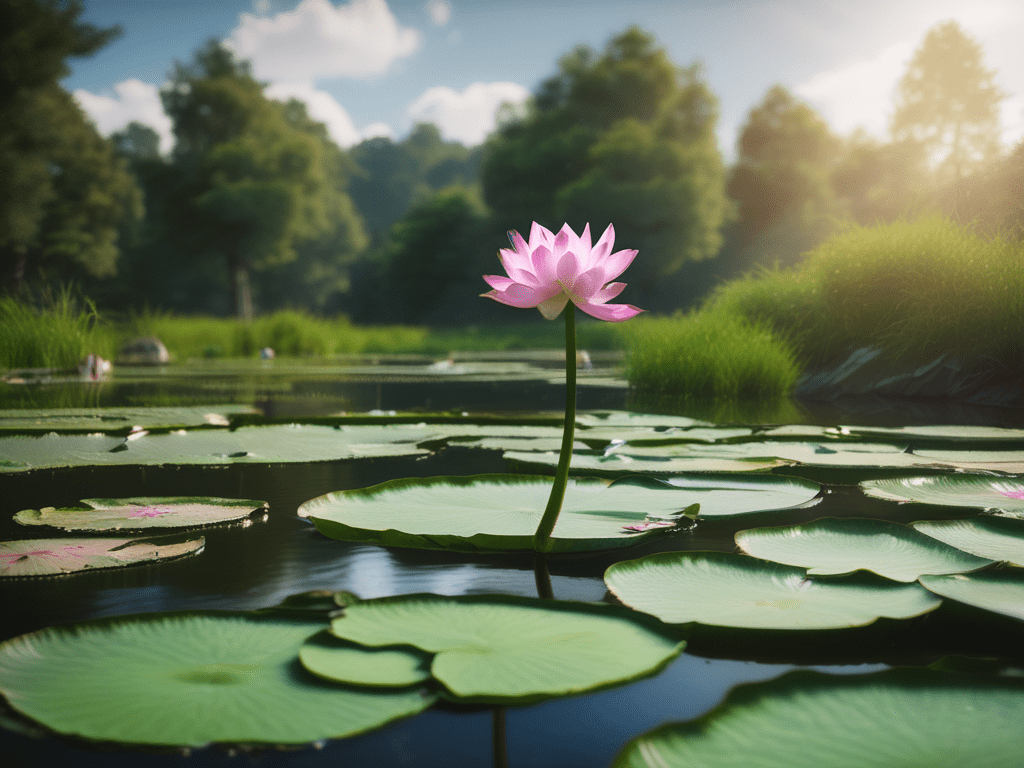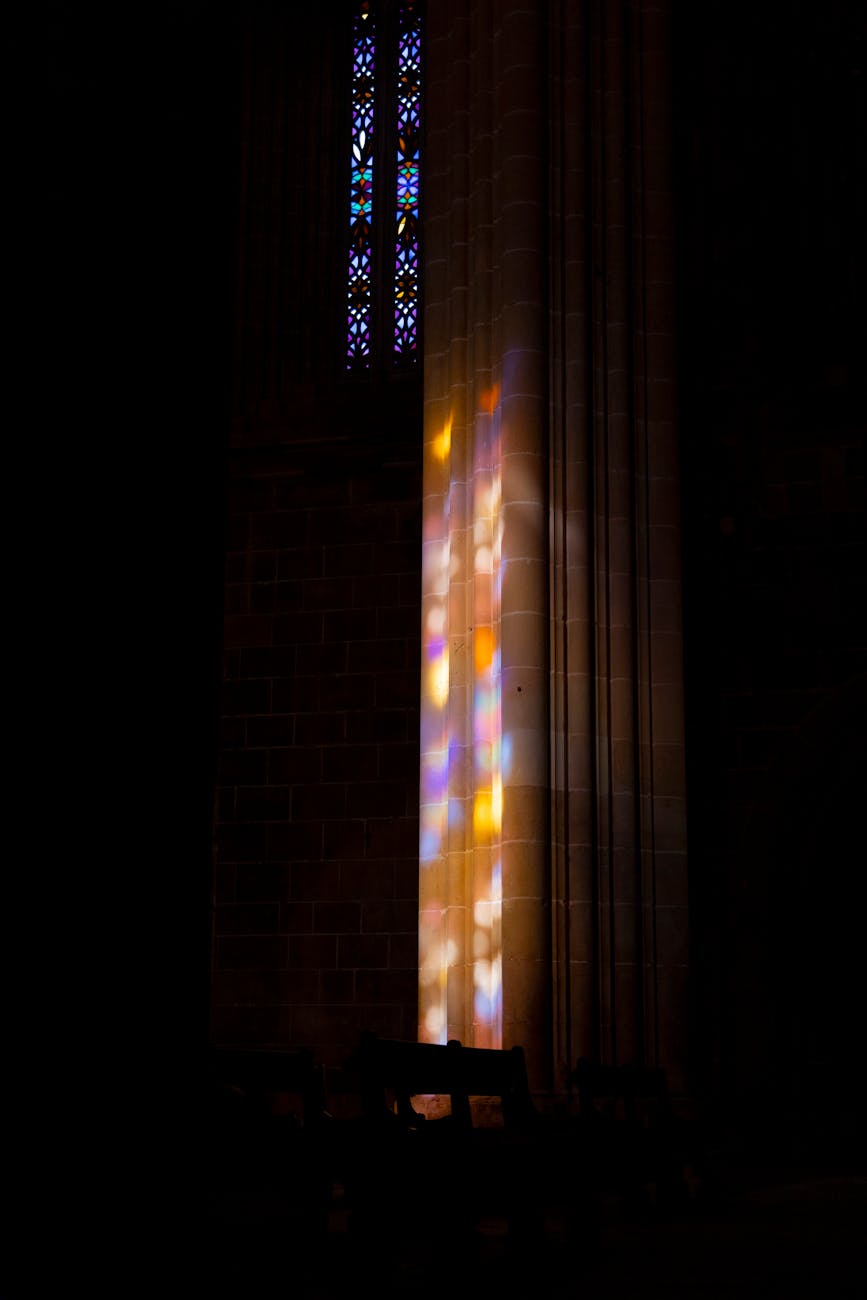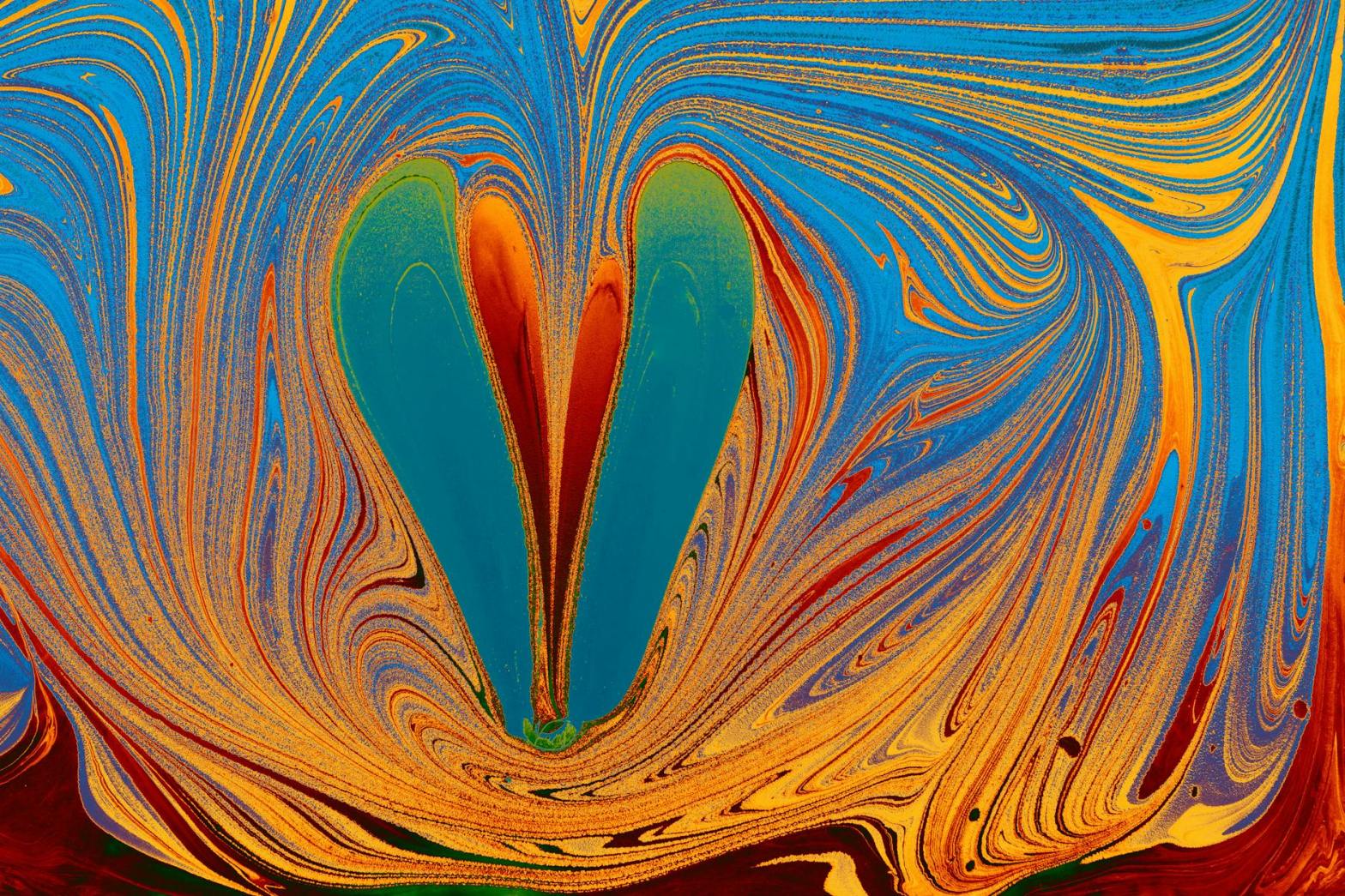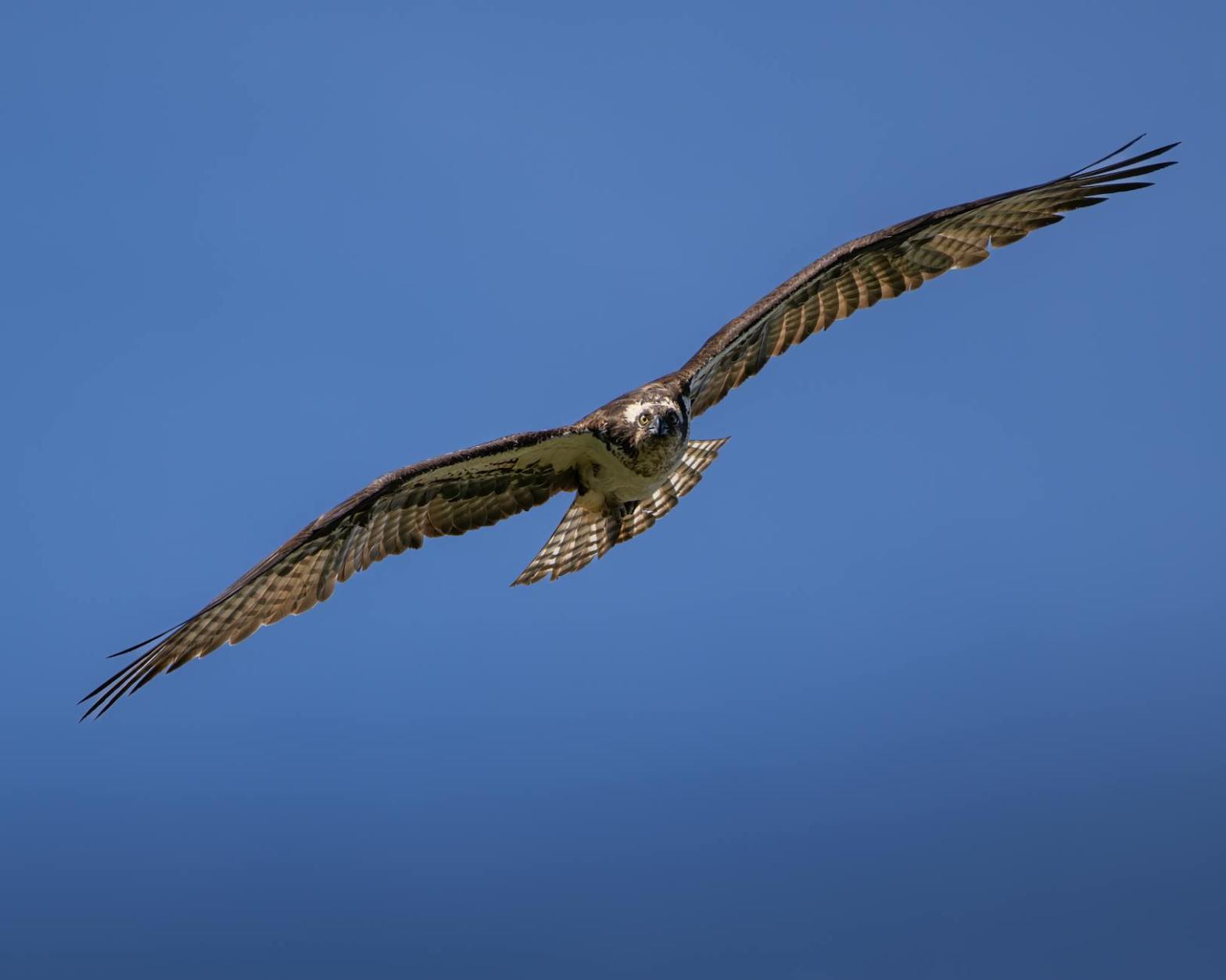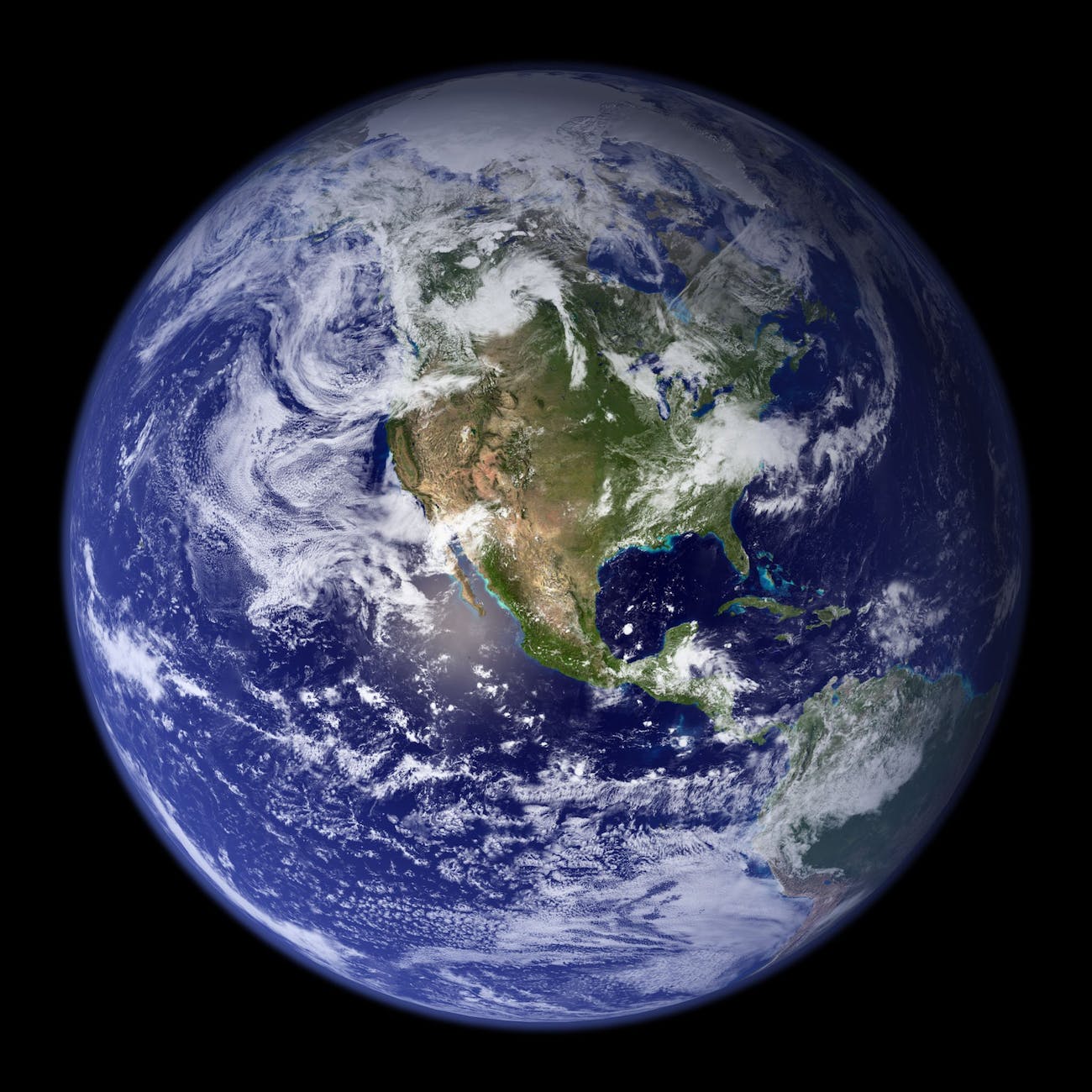I Ching
I
A thread -
intuition
memories, ravelled by time
draws me on
to synagogues
universities
to poetry
Not love
which requires actual flesh
but something invisible
a small apocalypse
of learning
I cherish
these threads, collect them
they become part
of my tapestry
but some grow cold
neglected, a bitterness
like the sediment in wine
II
No sign post
no billboard
no answer sheet
to let me know how I did
no well-worn trail
just the woods
familiar
changing
thicker now
more overgrown
the trees
sometimes up close
blocking the sun
sometimes a small clearing
with a bit of a view
the exercise
feels good
the ruminations
keep me occupied
I think I can find my way back -
over the rise
across the stream
Looking back
can tell us
who we were
for a while
Looking ahead
a game of chance
with rules -
age
inspiration
fatigue
opportunity
the flicker of light
when fate and aspiration
collide
Zav Levinson studied English literature at McGill University and Université de Montréal (M.A., Études Anglaises). A trained cabinetmaker, he ran the studio arts workshop for the Faculty of Fine Arts at Concordia University for 33 years. He is poetry co-editor of JONAH magazine and co-founder of the 2-Susan’s Poetry Circle. His second chapbook, reverb, from Sky of Ink Press, was published in the fall of 2022. His poems have appeared most recently in Montreal Writes, Canadian Jewish News and Dreamers Magazine as well as in the QWF fundraising chapbook My Island, My City and in the 2 Susans Poetry Circle 6th anniversary chapbook What Lasts.

